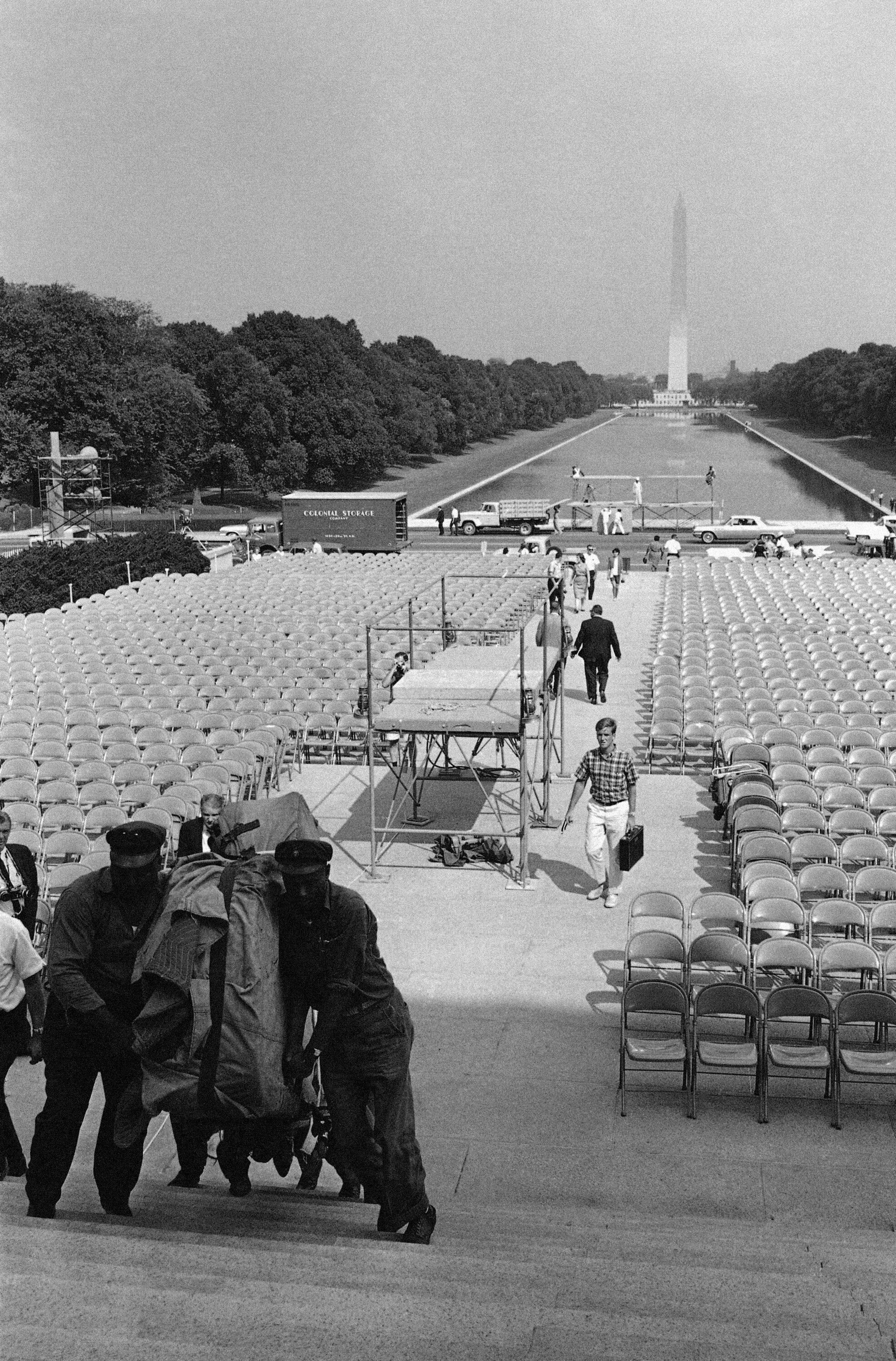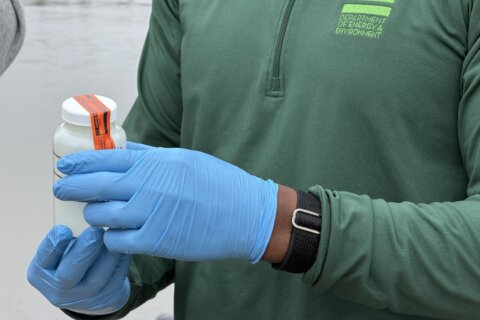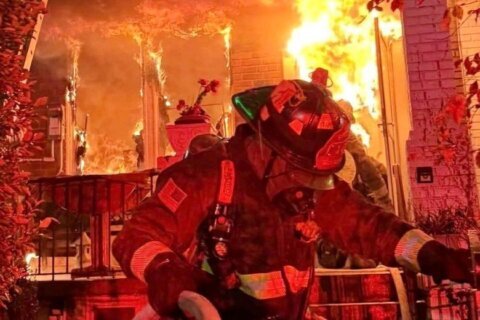In 1963, D.C. Del. Eleanor Holmes Norton was in law school, and volunteering in Mississippi for the Student Nonviolent Coordinating Committee, or SNCC, when she got a phone call.
“It was actually going to happen — this march had been rumored for years. If I came to New York, I would be paid to help organize the march. So, I flew from Mississippi to that New York brownstone, out of which the march was organized,” Norton told WTOP.
In the days leading up to the Aug. 28, 1963 March on Washington for Jobs and Freedom, Norton worked the phones in New York City, helping coordinate groups that would be arriving in the nation’s capital by bus.
She flew into Washington National Airport, in the hours before speeches began at the Lincoln Memorial.
“Looking out the window, I could tell that this march was going to be a success,” said Norton. “Remember, at the time, no one had ever held a large, successful march in Washington.”
She was atop the steps of the Lincoln Memorial, as an estimated 250,000 people gathered: “Looking out, on a throng that as far as the eye could see, you could not see the end of the crowd.”

The Rev. Martin Luther King’s speech was listed near the end of the official program.
“There were extraordinary speeches before King’s speech,” including by march organizers future Georgia Rep. John Lewis — who died a month ago — and Roy Wilkins, who went on to lead the NAACP.
“Each of them was magnificent, and I remember thinking, how is he going to top this?
“I will tell you, he topped this,” Norton said, referring to King’s legendary “I Have a Dream” speech. “We’re still repeating lines from it.”
Shortly after the November, 1963 assassination of President John F. Kennedy, the Civil Rights Act of 1964 and the Voting Rights Act of 1965 were passed, under President Lyndon B. Johnson. The bills outlawed segregated public facilities, and banned discriminatory practices in employment and voting.
Norton said the 1963 march “set the pace for how you get things done in the United States.”
“Congress doesn’t hear you — if you want really important legislation — until you make Congress hear you,” Norton said.
Marches, and protests around the country help build momentum, but Norton hopes the 2020 march will provide focus, and eventual passage of the George Floyd Policing Act, House Democrats’ far-reaching police overhaul bill.
“If you want to march in the nation’s capital, it’s important to have a goal or a mission.”
RELATED STORIES
- Thousands marching to protest police brutality
- Watch the march
- Photos
- What you need to know about the march, including road closures
- ‘We were a little bit nervous’: Virginia Ali of Ben’s Chili Bowl on 1963, 2020 MLK marches








